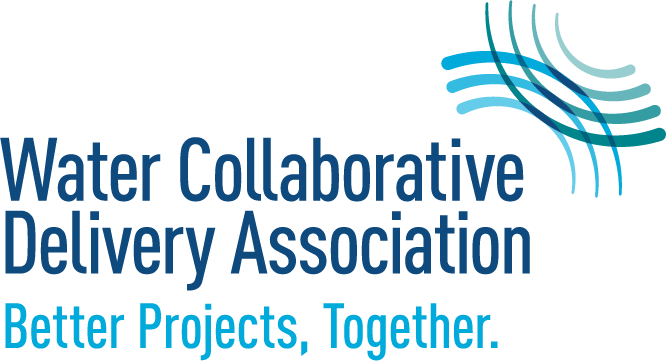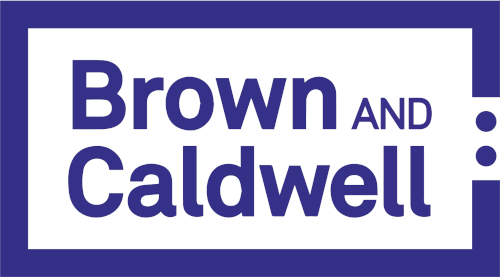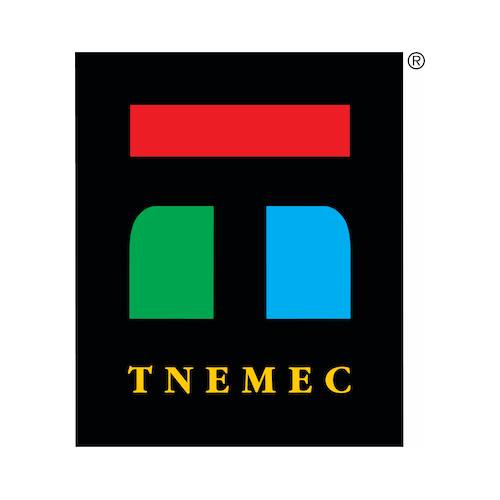The City of Winter Haven eliminated a spray field by improving the level of treatment at existing facilities.
In an effort to relocate freight traffic out of Orlando, Florida, CSX offered to purchase the City of Winter Haven’s 1,200-acre spray field for the development of an intermodal station. The City was interested in selling the property in order to gain the financial benefit of the sale price and to create economic development and additional tax revenue for the community. In order to eliminate the need for a spray field and discharge directly into the adjacent surface water, the level of treatment from the existing facilities had to be improved to meet strict effluent nutrient limits.
The City chose to use construction management at-risk (CMAR) for the 7.5-mgd, $16 million facility for two main reasons. First, as part of the purchase agreement, the property had to be available to CSX for construction of the intermodal station in a very short period of time. Second, to make the transaction financially worthwhile to the City, the City developed a strict construction cost that could not be exceeded. CMAR allowed the City to accelerate the project schedule by setting the guaranteed maximum price prior to completing design, expediting regulatory approval and permit acquisition, and releasing long-lead-time equipment early in the project.
CMAR delivery with Haskell resulted in shorter schedule and value engineering studies leading to $1.9 million in savings
Although the City had very capable and experienced personnel, they had never delivered a project using an alternative delivery method. Their internal project management processes were designed for traditional design-bid-build delivery. The City chose Haskell as their CMAR firm. Haskell openly communicated and informed the client on CMAR delivery, which created trust and ensured a successful outcome. Haskell prepared milestone estimates and conducted value engineering studies to ensure the project construction costs were kept below the value used to determine the viability of the project. The value engineering studies led to $1.9 million in savings.
By using CMAR, the overall project schedule was shortened by six months, as compared to design-bid-build delivery, which fit into the strict timelines outlined in the purchase agreement. In addition, $300,000 of savings was returned to the City by Haskell at project completion.
Other WCDA member involved: Tnemec (supplier of high-performance protective coatings)



